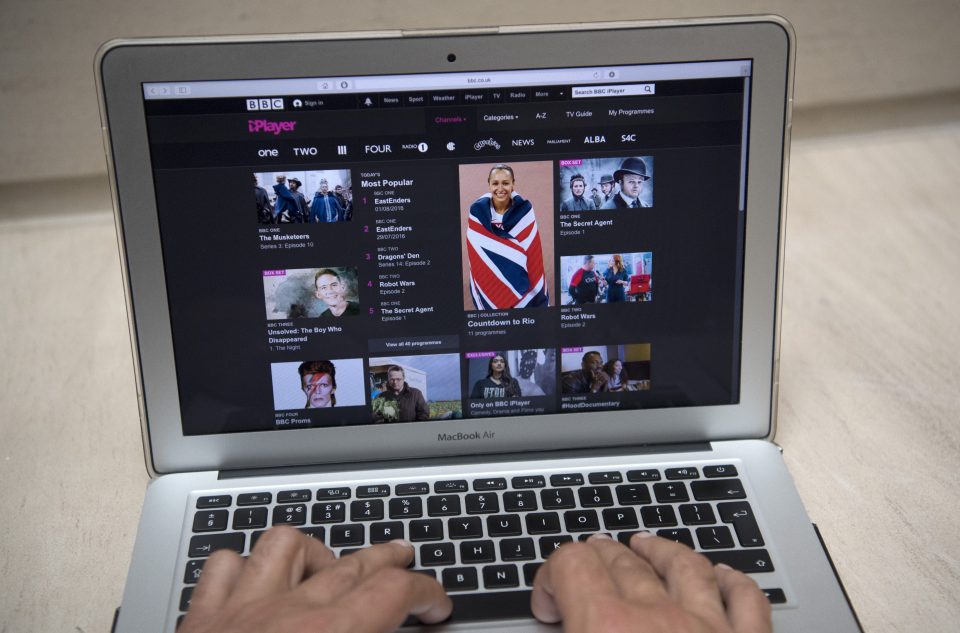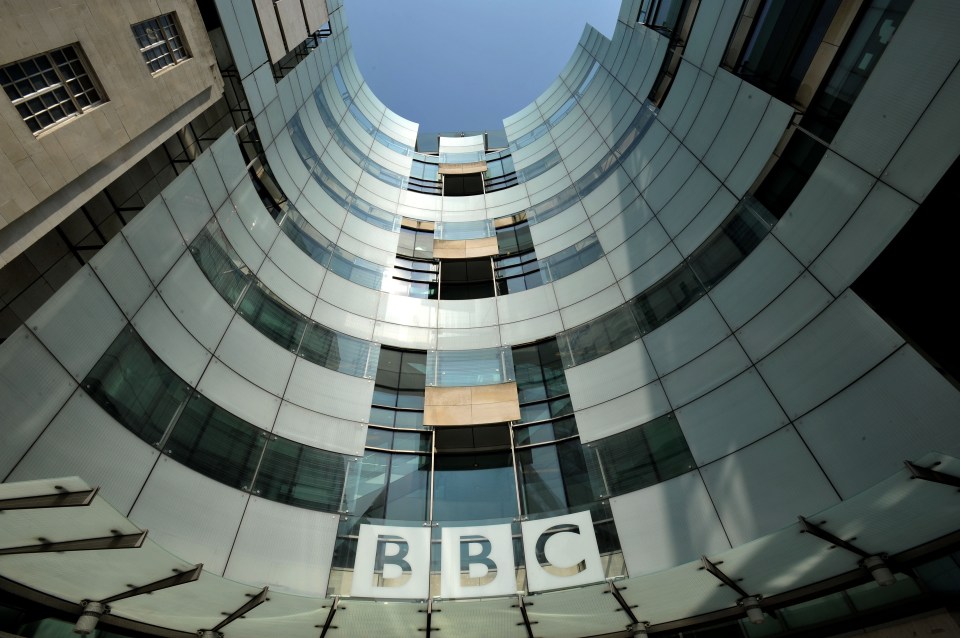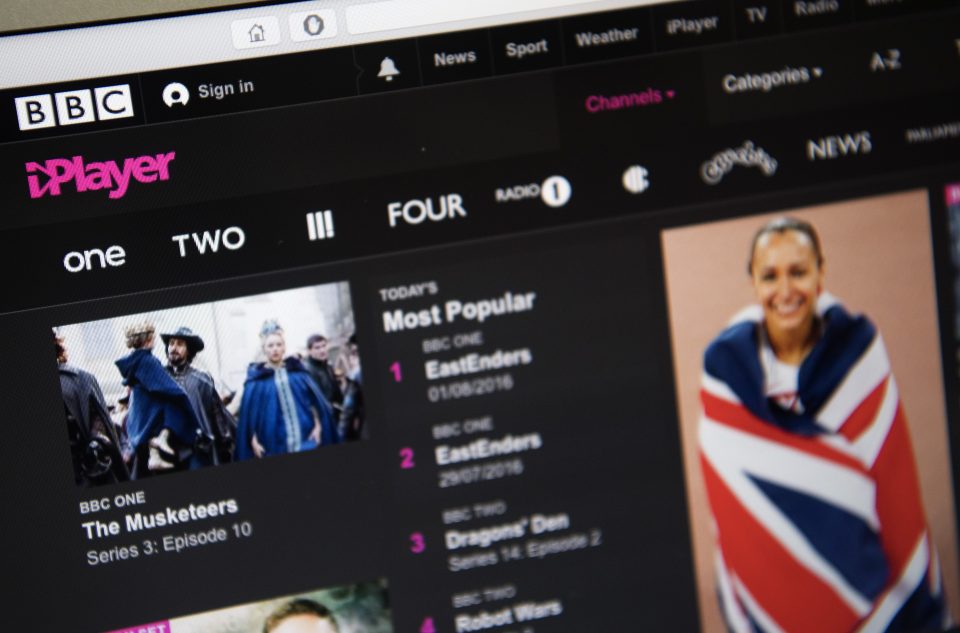Beeb to send out new fleet of vans to snoop on your Wi-Fi in bid to catch out those not paying licence fee
The technology is normally only used by the police and crime fighting agencies

THE BBC is set to deploy a fleet of high-tech snooper vans to crack down on viewers watching its programmes online without paying the licence fee.
The new Wi-Fi detection vans will be combing the country from next month to monitor internet traffic on private Wi-Fi networks.
The Beeb has been given legal dispensation to use the technology, which is normally only available to police and crime fighting agencies, the Telegraph .
As of September, anyone using iPlayer for catch-up viewing is required to pay the £145.50 licence fee instead of just people watching live programming on television or online.
The plans for the new vans were published in a report by the National Audit Office (NAO).
The vans have raised fears about invasion of privacy, but the corporation has insisted its inspectors will not be able to spy on the internet habits of viewers.
Instead, electrical engineering experts say the most likely surveillance technique would be “packet sniffing”.
Packet sniffing involves watching traffic passing over a Wi-Fi network without hacking into the connection or breaking its encryption.
RELATED STORIES
Dr Miguel Rio, a computer network expert, told the Telegraph: “Licence-fee inspectors could sit outside a property and view encrypted “packets” of data – such as their size and the frequency with which they are emitted over the network – travelling over a home Wi-Fi network.
“This would allow them to establish if devices at homes without television licences were indeed accessing BBC programmes online.”
He added: “They actually don’t need to decrypt traffic, because they can already see the packets. They have control over the iPlayer, so they could ensure that it sends packets at a specific size, and match them up.”
A spokesman for TV Licensing said: “We’ve caught people watching on a range of devices, but don’t give details of detection as we would not want to reveal information helpful to evaders.
“Our use of detection is regularly inspected by independent regulators.”
















